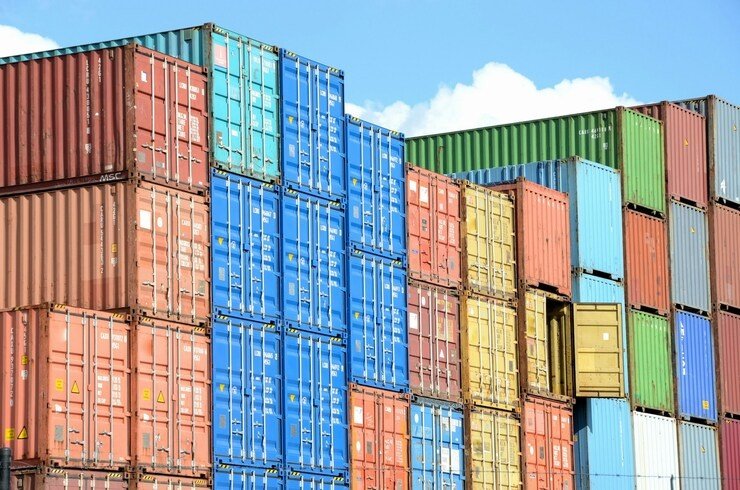Can Egypt’s chemical sector drive its economic comeback?
 © Unsplash
© Unsplash
As the world’s supply chains realign post-COVID and amid shifting geopolitical tensions, Egypt is quietly carving out a lucrative position: the low-cost, high-access export hub of the Eastern Mediterranean. At the heart of this push is the chemical and fertilizer industry, now expected to generate over $11 billion in export revenue by the end of 2025.
This target isn’t just about raw figures—it’s about redefining Egypt’s industrial relevance in the global marketplace.
The rise of chemicals as Egypt’s quiet export powerhouse
While textiles, food, and construction materials often dominate the headlines, chemicals and fertilizers have emerged as Egypt’s most powerful export engines. In 2024, the sector contributed nearly a quarter of total exports, reaching $9 billion. Now, with 12% growth in just the first five months of 2025, momentum is only accelerating.
That growth is not accidental. It stems from a combination of Egypt’s geographical advantage, preferential trade deals, and a rapidly improving business environment for exporters.
Low costs, high margins: Egypt’s edge over global rivals
One of Egypt’s most compelling value propositions is cost. According to Khaled Abou El-Makarem, chairman of the Export Council for Chemical Industries and Fertilizers, Egypt’s production costs undercut those of China and Turkey—a major advantage as global buyers seek efficiency without compromising quality.
This has not gone unnoticed. Turkish manufacturers in particular are ramping up operations in Egypt, not only in chemicals but also in textiles and engineering. With global manufacturing facing pressures from tariffs, energy prices, and labor costs, Egypt’s value equation is turning heads.
Trade agreements turn ‘Made in Egypt’ into a passport
Strategic trade frameworks are multiplying the country’s export appeal. Egypt benefits from a host of regional and bilateral agreements, including the Qualifying Industrial Zones (QIZ) deal with the United States, which allows duty-free, quota-free access to the American market. This makes Egypt a rare player—one that can produce competitively and export freely into high-income economies.
Such advantages make Egypt not just a cheaper place to manufacture, but a smarter one. For foreign investors, this is a powerful mix of savings and reach.
The formula is evolving: smarter, not just more
Abou El-Makarem emphasized that scale alone is not the answer to export success. “If we want to open new markets and increase exports sustainably, we must export smarter, not just more,” he said at the Seventh Green Economy Forum. He pointed to the importance of knowledge, technology adoption, and coordination across sectors to move up the global value chain.
Egypt’s recent trade facilitation reforms show movement in that direction. Exporters report faster resolution of customs issues, smoother logistics, and growing government responsiveness—small wins that can make or break global deals.
Export growth as a pillar of economic resilience
The chemical and fertilizer industry’s performance carries significance beyond trade. With tourism and remittances under global pressure and Suez Canal revenues vulnerable to regional disruptions, exports represent Egypt’s most controllable source of hard currency.
The government's long-term vision is ambitious: grow total annual exports from $40 billion in 2024 to $115.8 billion by 2030. That won’t happen on the back of petroleum alone. Chemicals, fertilizers, and other manufactured goods must lead the charge.
Conclusion: the global factory model takes shape
Egypt’s export ambitions in chemicals are more than just sector-specific—they are a case study in how a middle-income country can leverage its comparative advantages to climb the global trade ladder.
By combining low costs, trade connectivity, and a more agile regulatory environment, Egypt is shaping up not just as an exporter, but as a manufacturing platform for the region. If the current trajectory holds, "Made in Egypt" may soon carry more global weight than ever before.


